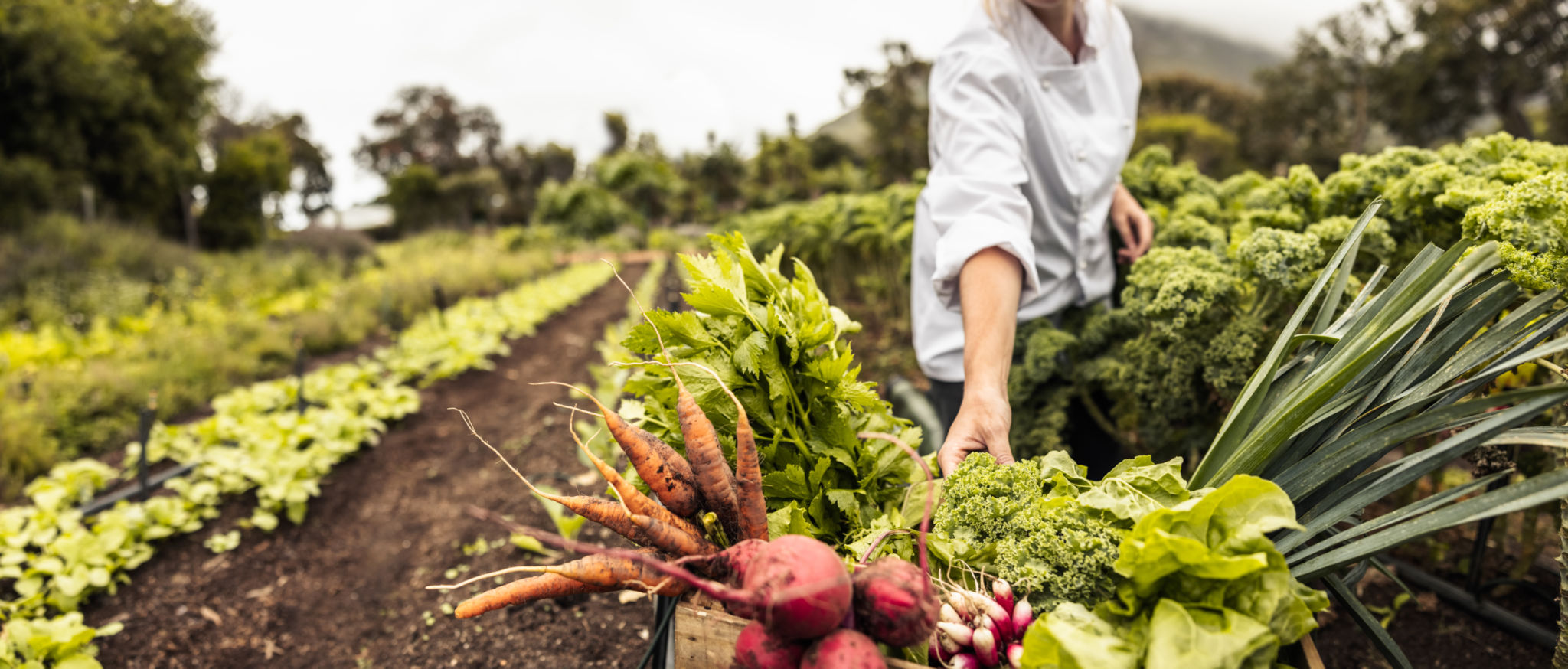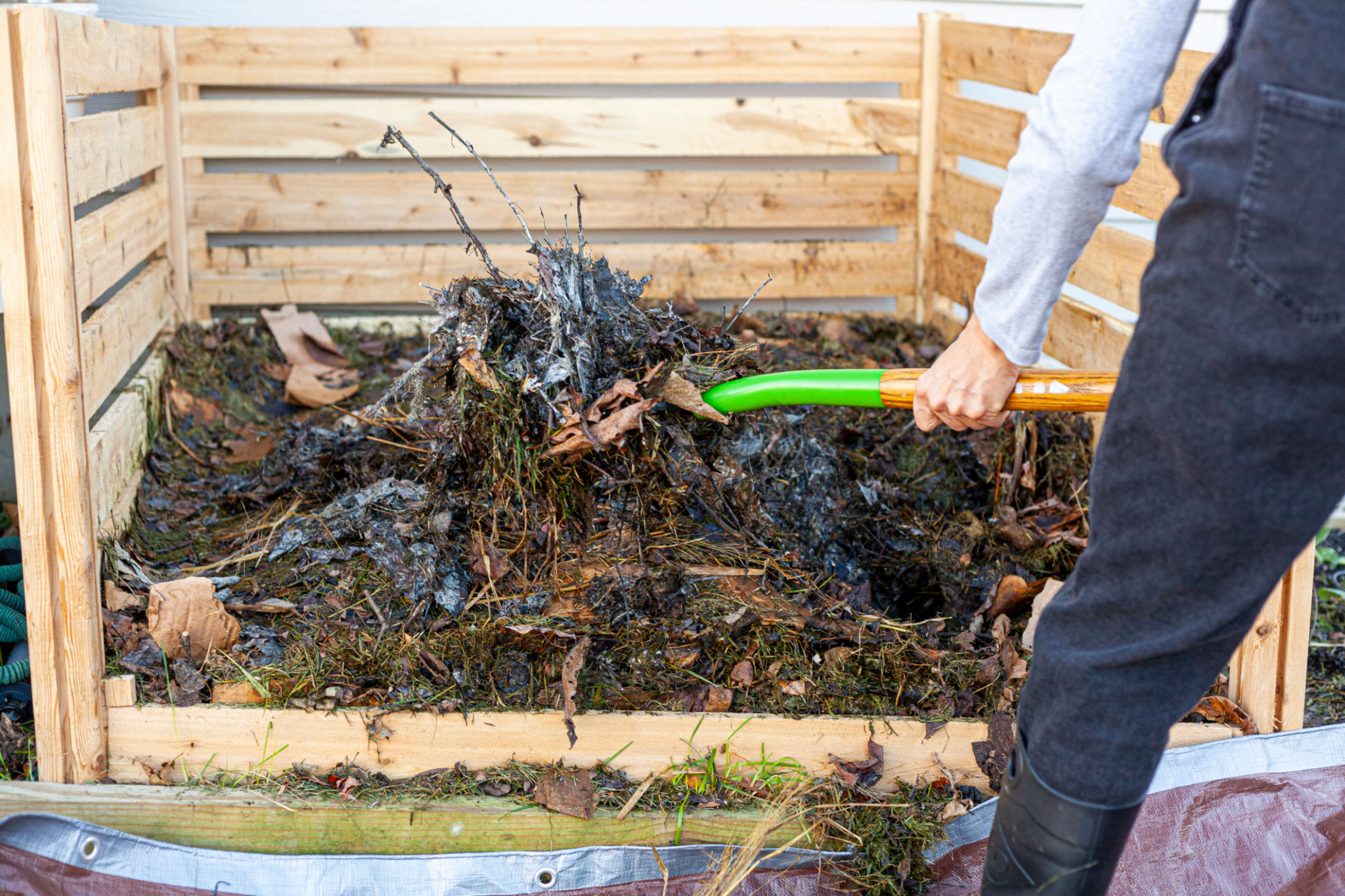The Benefits of Using Organic Fertilizers for Sustainable Gardening
Understanding Organic Fertilizers
In sustainable gardening, utilizing organic fertilizers is a practice that aligns with both environmental and health-conscious goals. Organic fertilizers are derived from natural sources such as compost, manure, and plant residues, offering an eco-friendly alternative to synthetic fertilizers. By choosing organic options, gardeners contribute to healthier soil and a more balanced ecosystem.
One of the core benefits of using organic fertilizers is their ability to improve soil structure. Unlike chemical fertilizers that may degrade soil quality over time, organic matter enhances soil texture and promotes better drainage and aeration. This improvement in soil health leads to stronger plant growth and increased resilience against pests and diseases.

Environmental Benefits
Organic fertilizers play a crucial role in reducing environmental impact. Because they are made from natural materials, they decompose without leaving harmful residues that can contaminate water supplies. This reduces the risk of nutrient runoff, which is a significant cause of water pollution in many agricultural areas.
Furthermore, the production of organic fertilizers typically requires less energy compared to synthetic counterparts. This reduction in energy consumption helps lower the overall carbon footprint associated with gardening activities. By opting for organic fertilizers, gardeners are making a sustainable choice that supports environmental conservation.

Supporting Biodiversity
The use of organic fertilizers also encourages biodiversity within the garden ecosystem. These fertilizers promote the presence of beneficial microorganisms and earthworms, which are essential for nutrient cycling and soil health. A diverse microbial community is vital for breaking down organic matter and releasing essential nutrients that plants can readily absorb.
A garden teeming with life not only enhances plant health but also attracts pollinators like bees and butterflies. These pollinators play a pivotal role in the reproduction of many flowering plants, contributing to a thriving garden environment.
Economic Advantages
While organic fertilizers may sometimes appear more costly upfront than synthetic options, they offer long-term economic benefits. The improved soil health and plant resilience result in reduced need for pest control and additional soil amendments over time. Moreover, gardeners can produce their own organic fertilizers through composting, thereby reducing costs and waste simultaneously.

Healthier Harvests
Another significant advantage of using organic fertilizers is the potential for healthier harvests. Plants grown with organic nutrients tend to produce fruits and vegetables with higher nutritional content, including increased levels of vitamins, minerals, and antioxidants. This means that homegrown produce not only tastes better but also contributes positively to human health.
By eliminating synthetic chemicals from the gardening process, organic fertilizers ensure that no harmful residues are present in the food harvested from these gardens. This aligns with the growing consumer demand for clean and safe food sources.
Conclusion
Incorporating organic fertilizers into your gardening practices offers numerous benefits that extend beyond plant health. From enhancing soil quality and supporting biodiversity to providing economic advantages and healthier produce, organic fertilizers are a cornerstone of sustainable gardening. As more gardeners embrace these eco-friendly practices, the positive impact on both local and global environments becomes increasingly significant.
